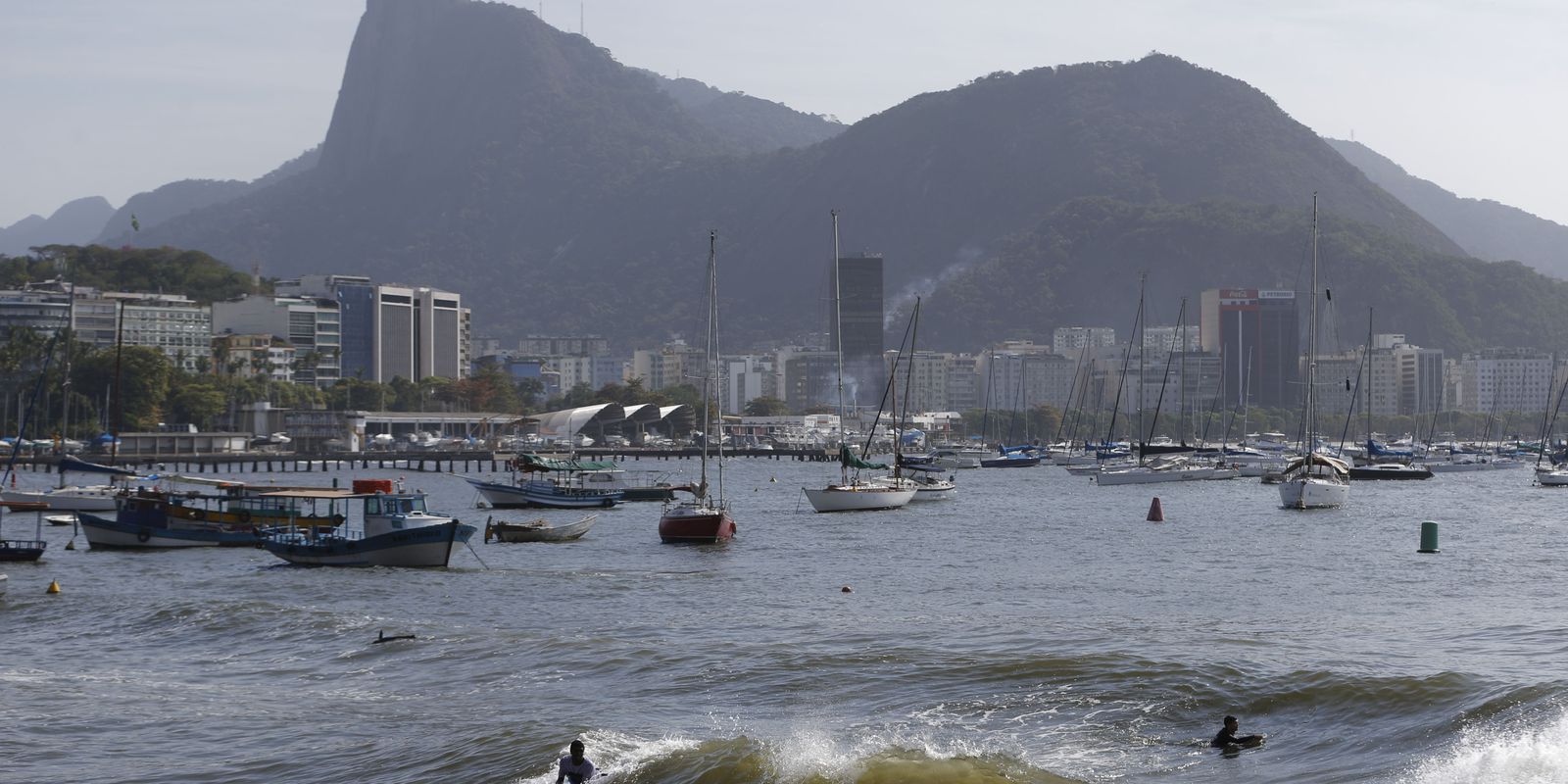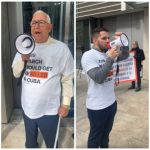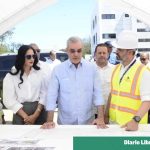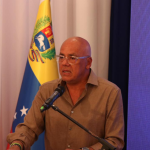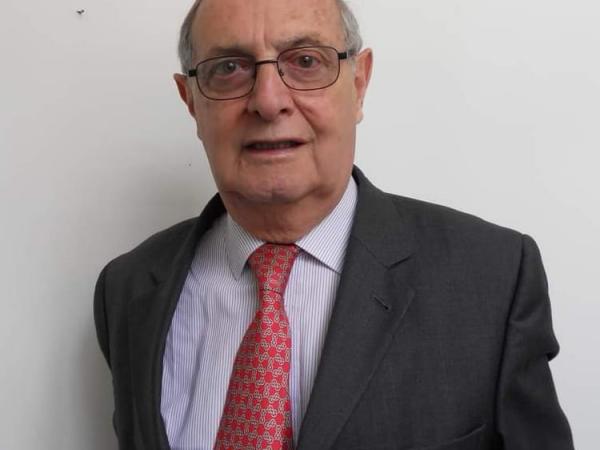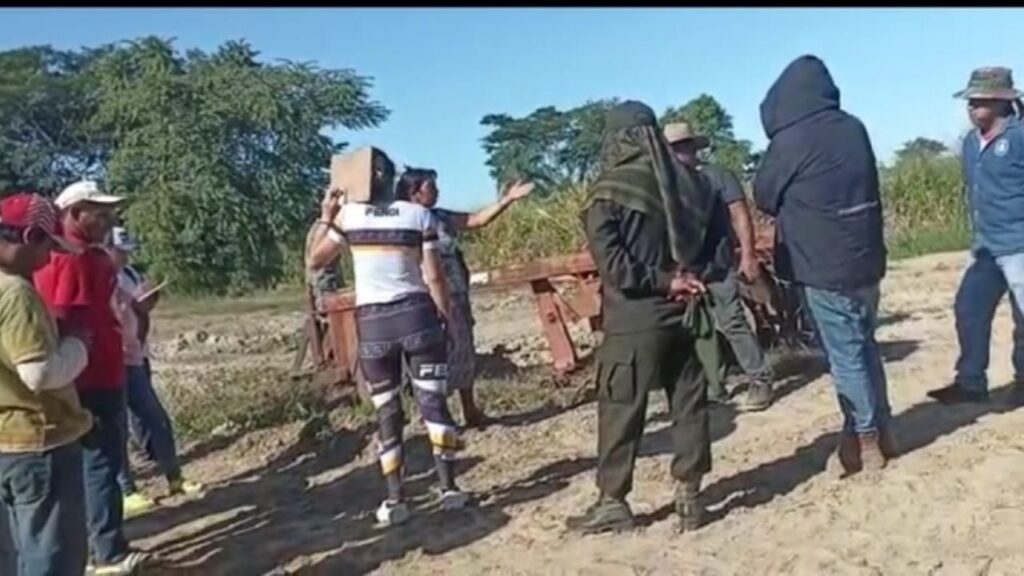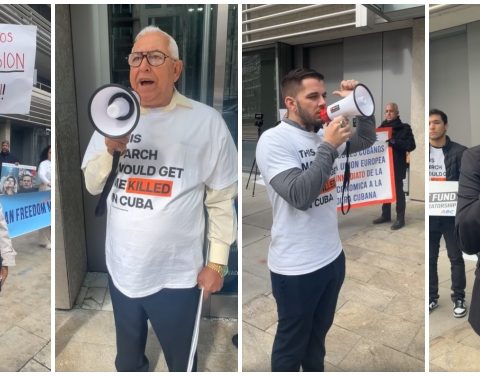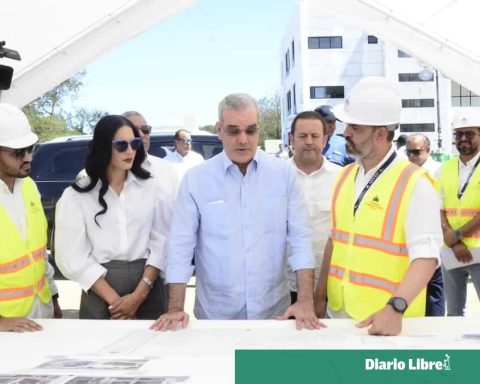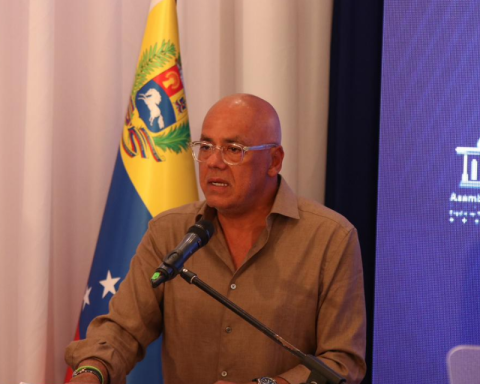The project Grouper from Brazil promotes between the 16th and 18th of this month, on YouTube, the meeting Guanabara: land, water and life – Connecting sciences.
First event of the Águas da Guanabara Conservation Network (Redagua) on science, conservation and biodiversity of Guanabara Bay, the meeting will be online, free and will always take place at 2 pm.
Held in partnership with the Coral Vivo, Guapiaçu and UÇÁ projects, sponsored by the Petrobras Socio-environmental Program, the meeting will bring together people, projects and institutions to share how their diverse knowledge and practices are contributing to the life of the second largest bay in Brazil.
At the end of the meetings, the Charter for Guanabara will be produced, a document that will bring a portrait of the present and an appeal for the future of the territory that shelters an immense biodiversity and is surrounded by a population that exceeds 11 million inhabitants.
All registered people will be able to contribute to the formulation of the document.
“This letter will compile the wishes of those who know and live the reality of Guanabara and want to see this territory change for the better. In this sense, everyone who contributes with their ideas and perceptions will be actively participating in this look to the future and appropriating their role as citizens and citizens in the construction of the Guanabara Bay that we want”, highlighted Jonas Leite, coordinator of Meros do Brasil in Rio de Janeiro.
Biologist Luana Seixas, supervisor of environmental education for the Meros project in the state of Rio de Janeiro, said that the intention is to compile the wishes of these people who live in and need Guanabara Bay. “In other words, they are the desire to change the territory. What they see and perceive on a daily basis and what should be changed to improve the environment”.
Despite the impact suffered over the decades, Guanabara Bay still holds much more life and beauty than one can imagine, highlighted the biologist. This is what researchers, professionals and collaborators from various initiatives that operate in the region intend to show during the event.
guests
On the 16th, researchers from the Meros do Brasil and Guapiaçu projects will receive institutions such as the Cooperativa Manguezal Fluminense, the Florestas do Amanhã program and Petrobras, to talk about “Ecosystem Restoration”. The idea is to show the challenges faced and the possible sciences to regenerate the different ecosystems of Guanabara Bay.
The second day of the event has as its theme “Ocean Science”. Coordinated by the Meros and Coral Vivo projects, the panel will receive as guests the Ocean Decade Mobilization Support Group – Southeast Region, the Seahorses Project and the Rio Islands Project, which will show the species that inhabit Guanabara and what is being done by the survival of diversity below the waterline.
Closing the event, on the 18th, the hosts Meros do Brasil and UÇÁ will receive members of the Sport Fishermen’s Association Luthando Pela Vida, the Basin Committee of the Hydrographic Region of Guanabara Bay, the Cooperativa Manguezais da Guanabara and the Nós da Guanabara Network. They will talk about “Who lives here and here”, with the presentation of those who live, live, work and believe in the region.
